Informações
Sinopse:
Duração: 01h38m
Data de lançamento: 23 de maio de 2019
Genêros: Documentário.
Elenco: Tasha Hubbard,
(3 votos)
?
?
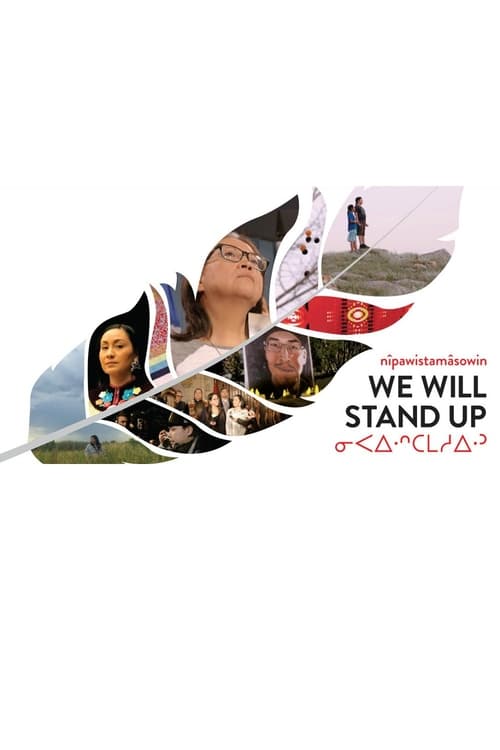
Sinopse:
Duração: 01h38m
Data de lançamento: 23 de maio de 2019
Genêros: Documentário.
Elenco: Tasha Hubbard,
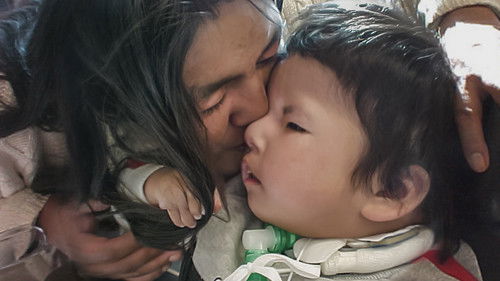
The story of a young boy forced to spend all five years of his short life in hospital while the federal and provincial governments argued over which was responsible for his care, as well as the long struggle of Indigenous activists to force the Canadian government to enforce “Jordan’s Principle” — the promise that no First Nations children would experience inequitable access to government-funded services again.
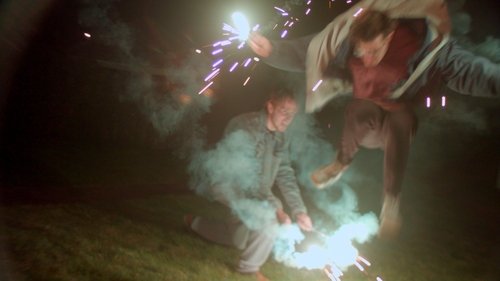
After the death of their abusive father, two estranged twin brothers must reunite and sell off his property.
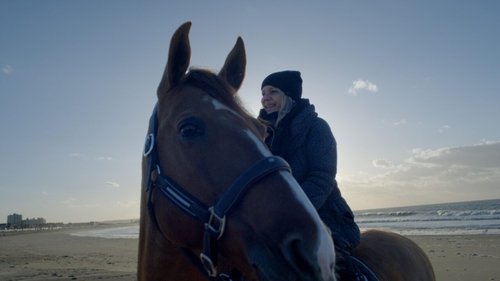
An ordinary woman finds hope and an unexpected friend in her last months on Earth. A sensual film about life and death, where gratitude gets the last word.
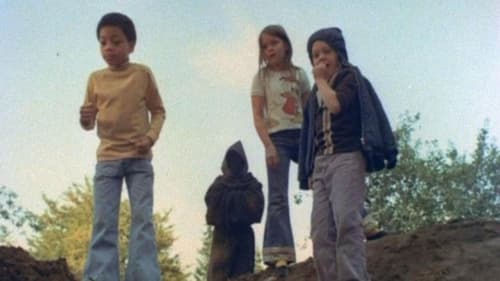
Warning children not to play near 'dark and lonely' water, a horror film style look and voice-over is used in this film to highlight the dangers.

Jerry, tired of Tom's repeated attempts to kill him, leaves the house to join a space program. Tom tries to convince Jerry to stay, but to no avail.
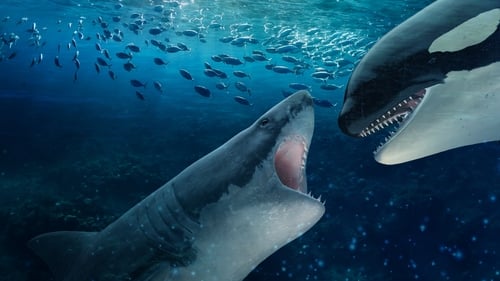
Pesquisadores na Nova Zelândia mergulham com tubarões-brancos para descobrirem se eles estão sendo caçados e comidos por baleias assassinas.
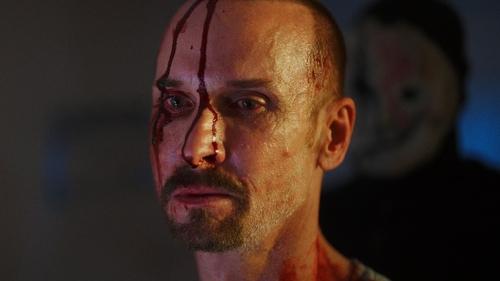
After hearing disturbing noises from the next motel room, a fugitive on the run and his girlfriend become prey to the notoriously brutal 'Pale Face' killer, whose legend has haunted the local community for decades.

Hell in a Cell (2009) was a PPV presented by Ubisoft's Teenage Mutant Ninja Turtles: Smash-Up, which took place on October 4, 2009 at the Prudential Center in Newark, New Jersey. It was the first Hell in a Cell event. Each of the main event matches were contested in a Hell in a Cell match. The main events of the evening included D-Generation X's Triple H and Shawn Michaels versus The Legacy's Cody Rhodes and Ted DiBiase, Randy Orton challenging John Cena for the WWE Championship, and The Undertaker challenging CM Punk for the World Heavyweight Championship. Other matches featured on the show were John Morrison defending the WWE Intercontinental Championship against Dolph Ziggler, Mickie James versus Alicia Fox for the WWE Divas Championship, Unified WWE Tag Team Champions Chris Jericho and The Big Show versus Batista and Rey Mysterio, Drew McIntyre facing R-Truth, and a Triple Threat match for the WWE United States Championship among Kofi Kingston, The Miz and Jack Swagger.
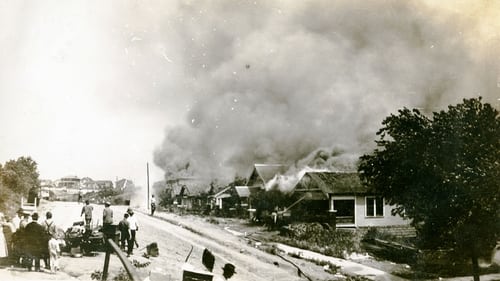
A reveladora crônica de um dos piores incidentes de violência racial da história dos Estados Unidos: o assassinato violento de centenas de cidadãos negros na próspera comunidade negra de Greenwood, Tulsa, conhecida como A Wall Street Negra.
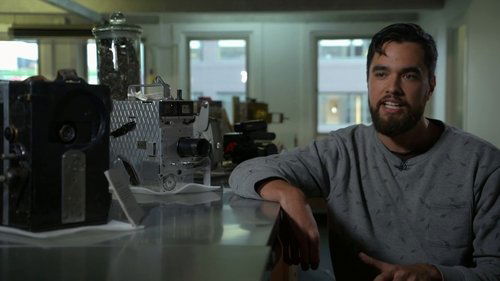
Na década de 1970, Merata Mita (1942-2010) rompeu barreiras de raça, classe e gênero para se tornar a primeira mulher maori a escrever e dirigir um longa-metragem. Ela se tornou uma das cineastas mais conhecidas da Nova Zelândia e uma voz poderosa para os povos indígenas de todo o mundo. Neste filme, o filho mais novo de Merata, Hepi, cria um retrato íntimo de sua falecida mãe. Com base em imagens do trabalho da diretora, bem como em entrevistas com ela antes de pegar uma câmera, Hepi captura Merata como cineasta, mãe, esposa e mentora.

Filmado em 24 países, O filme mostra várias paisagens, igrejas, ruínas, cerimônias religiosas e cidades, numa busca para que cada quadro consiga capturar a grande pulsação da humanidade nas atividades diárias. O filme ficou pronto depois de 11 anos. Baraka é uma palavra Sufi que significa 'O fôlego da vida'.

Nos anos 50, quando a futura República Democrática do Congo ainda era uma colônia belga, uma geração inteira de músicos fundiu as músicas tradicionais africanas com a música afro-cubana para criar a eletrizante rumba congolesa, um estilo que conquistou todo o continente graças a um ritmo contagiante, sons de guitarra cativantes e vocais suaves.